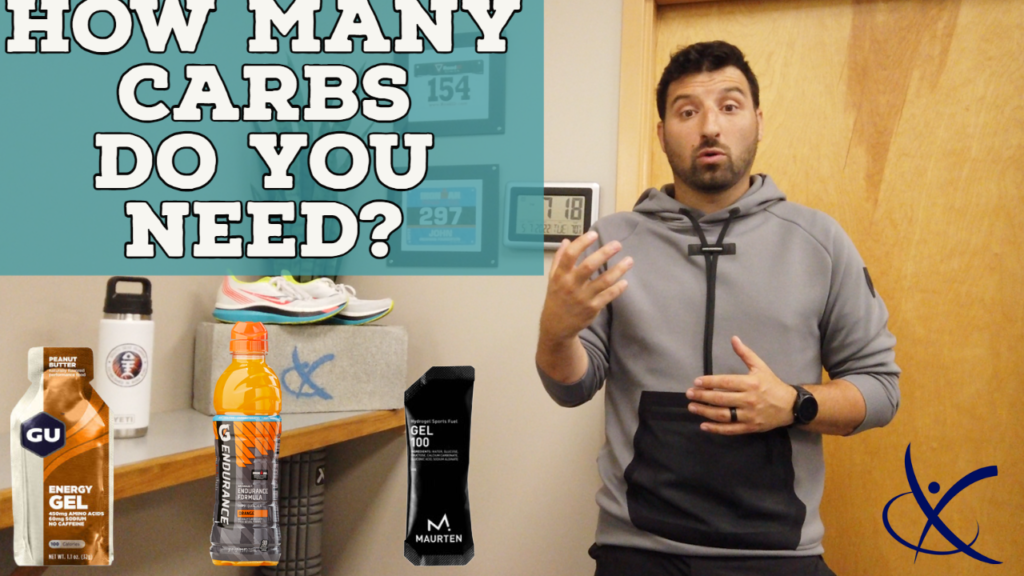Carbohydrates for Training and Racing
Headed out for a long run? Planning for a race? You’re probably going to need energy. Stocking up on carbohydrates is the equivalent of filling your tank with gas before a road trip. Carbs are your fuel for training and racing. And you want to make sure you have enough!
Energy is needed for exercise; this isn’t a new concept. When it comes to endurance training and specifically running, your body has a high demand for fuel but doesn’t have much efficiency when it comes to digesting. This is why simple sugars are the preferred choice. They are easier to digest and the simpler the better. Specifically, glucose and fructose are the two most commonly used forms of sugar in endurance products because they are the two most easily digestible forms of simple sugars during exercise.
If you check the label for any of the common endurance fuel products like drink mixes, gels, GU, blocks, waffles, etc, you will likely find glucose and fructose in the ingredient list. On the off chance you see “dextrose” that is just the term used for glucose outside of your body. You may also see “maltodextrin” which is simply three or more glucose molecules together. Pretty straightforward stuff.
How much to take in?
When it comes to carbs, the proper goal is “grams” of carbs per hour. Don’t worry about calories. Just focus on grams of carbs per hour. And this will be different for all individuals depending on personal preference, gut tolerance, distance, or effort levels. However, the general rule of thumb is that for exercise lasting > 1 hour your body can tolerate:
80-110+g/carbs per hour
That’s right…you can actually stomach up to 110-120g/hr of carbs and that’s an absolute pun intended. The trick is to not only find your preferred type and flavor but to also ensure you spread these carbs out evenly throughout the hour. Consistency is key here. You want to make it easy for your stomach to digest and so you want smaller but evenly spaced out intakes of carbs whether it is a drink mix or a solid fuel/gel/block/etc. It may take some time to experiment but it is worth it. See what products and consistencies you prefer. But don’t be afraid to push the limits if you’re training properly and have time to experiment.
And don’t worry: carbs won’t spike your blood glucose or inflammatory response. This is a commonly held but incorrect notion regarding training fuel. A lot of runners say they don’t need to eat or that that much sugar is bad for you but they could be leaving precious energy on the table. It’s also important to note that your body metabolizes sugars differently during exercise. There is no need to worry about intaking all of those carbs during a run or race or ride.
So don’t fear the carbs! Get used to intaking somewhere around the 80-100g/hr mark during normal training and racing. This number will be less as you become dehydrated towards the end of a large effort or race. But the notion still stands: you need fuel for exercise and carbs per hour are key.
Spread them out over time (don’t hyper concentrate), sip water each time you eat, and find some that work for you. Chances are the products are fine, you just need to mess around with fluid intake at the same time.
Happy Snacking!
